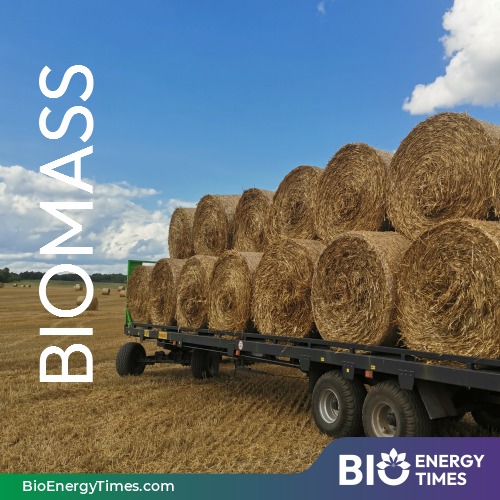BASF is introducing a new solution to boost the utilization of renewable feedstocks in the packaging sector. It is expanding its range of certified compostable biopolymers to include a biomass-balanced (BMB) version of ecoflex®, a polybutylene adipate terephthalate (PBAT) commonly used in biopolymer compounding. The new ecoflex® F Blend C1200 BMB replaces fossil raw materials with renewable feedstock sourced from waste and residual biomass at the outset of the value chain. This renewable feedstock is certified according to REDcert2 and ISCC PLUS and is attributed to the ecoflex® grade via a mass balance approach. The biomass-balanced ecoflex® not only reduces reliance on fossil resources but also offers a 60% lower Product Carbon Footprint (PCF) compared to the standard ecoflex® F Blend C1200.
Certified compostable products based on PBAT compounds support the circular economy by facilitating the collection and recycling of organic waste. However, in PBAT production, complete avoidance of fossil resources remains a challenge. With ecoflex® BMB, BASF addresses this challenge by providing a solution that is organically recyclable at the end of its lifecycle. Moreover, fossil feedstock is entirely replaced with renewable raw materials at the outset of production, advancing the biological loop of the circular economy.
ecoflex® BMB empowers packaging industry customers to reduce fossil resource consumption and differentiate their products without compromising performance, quality, or requiring additional investment in new processing lines. BASF’s PBAT is identical to the conventional grade in properties, quality, and certification, enabling seamless integration into existing applications without the need for re-qualification or process adjustments. Marcel Philipp Barth, head of global business management Biopolymers at BASF, affirms, “As a pioneer of biopolymers, we are continuously striving to support our customers in the transition to a circular economy with renewable resources. Our ecoflex® BMB advances sustainability efforts in the packaging industry by reducing fossil resource usage, lowering greenhouse gas emissions, and promoting the use of renewable feedstock derived from organic waste and residual biomass.”
Biomass Balance Approach
In the biomass balance approach, part of the fossil feedstocks in the initial manufacturing stages is substituted with waste-based renewable resources. The renewable amount is then attributed to specific products at the end of the manufacturing process through a third-party certified method. BASF ensures a chain of custody from the renewable feedstock to the final product, with independent certification confirming the replacement of fossil feedstock with renewable feedstock according to REDcert2 and ISCC PLUS requirements.















